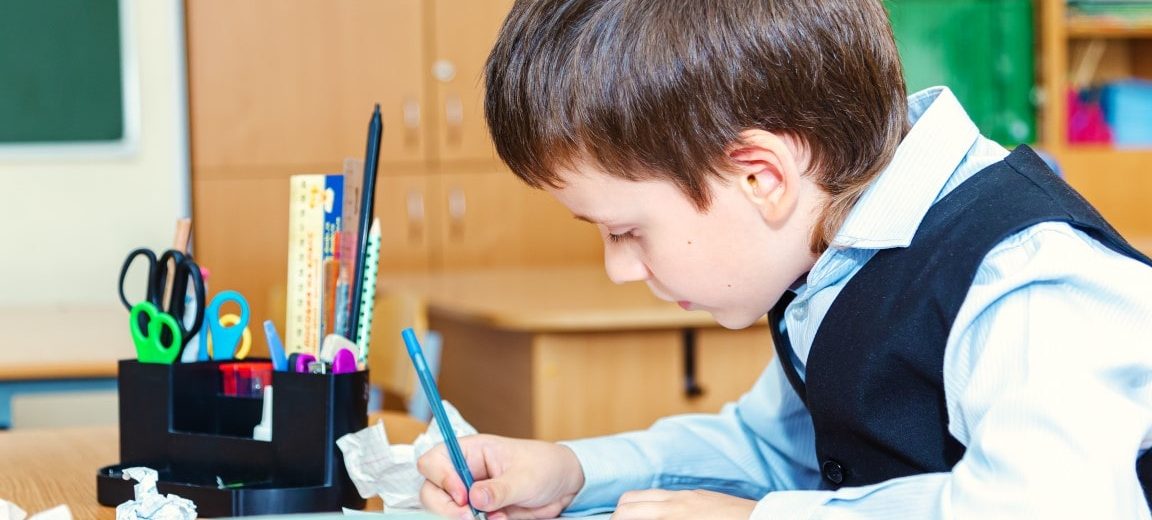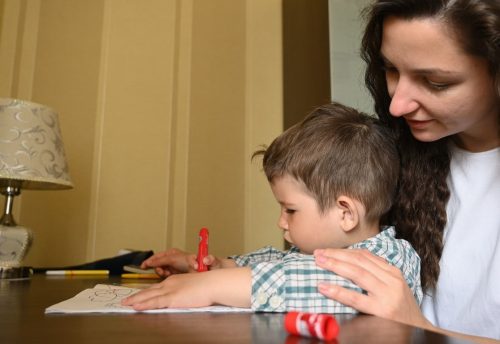
Top Study Techniques for Primary School Students in Singapore
As a parent, you want your child to succeed academically and reach their full potential. One of the most effective ways to support their success in school is to help them develop good study habits and techniques. Here are some of the top study techniques for primary school students in Singapore.
Active Reading: Encourage your child to actively engage with the material they are reading. This could mean underlining or highlighting important information, summarizing the information in their own words, or asking questions about what they have read.
Practice, Practice, Practice: Repetition is key to retaining information, especially when it comes to subjects like math and science. Encourage your child to practice solving problems and working through examples until they have a good understanding of the material.
Organization: Teach your child how to organize their study materials, notes, and homework. This can help reduce stress and increase their productivity and efficiency when studying.
Mind Maps: Mind mapping is a visual tool that can help your child to understand and remember information better. Encourage your child to create mind maps for each subject they are studying, and use them as a reference during exams.
Group Study: Studying with friends can be a fun and effective way to learn. Encourage your child to form study groups with classmates, and have them share their notes, ideas, and experiences with each other.
In addition to these study techniques, it is also important for primary school students to develop strong emotional intelligence (EQ) skills. EQ refers to the ability to recognize, understand, and manage our own emotions, as well as the emotions of others. EQ skills are critical for success in school, as well as in personal relationships and the workplace.
Improving EQ skills can help children become more confident, resilient, and empathetic, and can lead to consistent improvement in grades. Here are some ways to help your child develop their EQ skills:
Encourage Emotional Expression: Teach your child to express their emotions in a healthy and appropriate way. This could mean talking about their feelings, writing in a journal, or participating in art or music activities.
Develop Active Listening Skills: Encourage your child to listen actively, ask questions, and show empathy and understanding when interacting with others.
Practice Mindfulness: Teach your child the benefits of mindfulness, such as reducing stress and improving focus and concentration. Incorporating mindfulness techniques, such as deep breathing and meditation, into their daily routine can help improve their EQ skills.
Encourage Empathy: Teach your child to put themselves in others’ shoes, and to show compassion and understanding. This can be done through role-playing activities, discussing stories, or participating in community service projects.
In conclusion, helping primary school students in Singapore develop strong study techniques and EQ skills is crucial for their academic and personal success. By incorporating active reading, practice, organization, mind maps, group study, and EQ skills into their routine, you can help your child reach their full potential and thrive in their studies.



